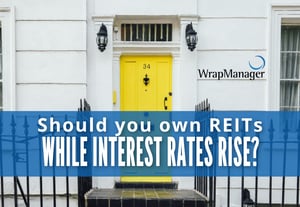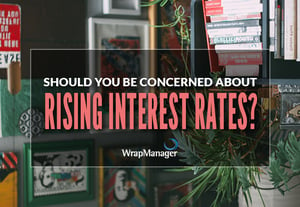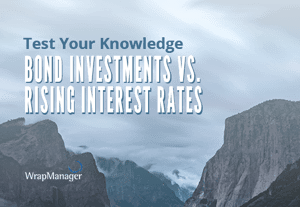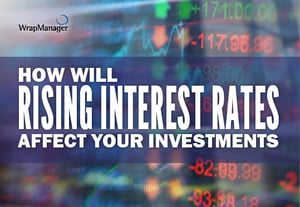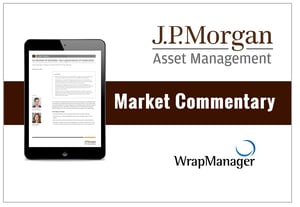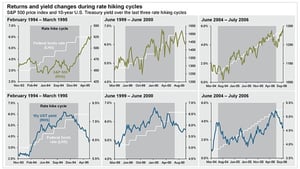Over the past couple of years, the S&P 500 Forward P/E ratio has been above its 25-year average. This has led some market commentators to warn that equities aren’t attractively valued.
A Price to Earnings (P/E) ratio is a valuation measure that shows how much investors are willing to pay for a dollar of a company’s earnings. For example, a company that has a stock price of $30 and earnings per share of $2 would have a P/E ratio of 15 ($30/$2 = 15). A reading above the long-term average is typically interpreted to mean that stocks are expensive relative to the historical average. Similarly, a reading below the long-term average is typically interpreted to mean that stocks are cheap relative to the historical average.
The recent pullback in equities to start the year coupled with continued strong earnings growth has left the S&P 500 Forward P/E ratio at 16.1x at the end of April 2018. The 25-year average S&P 500 Forward P/E ratio is exactly 16.1x. This marks the first time in over 2 years that this reading has not been above the 25-year average.
[+] Read MoreRising Interest Rates Investment Planning stock market performance price to earnings pe ratio




